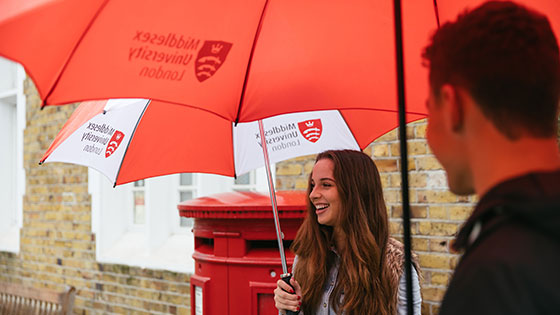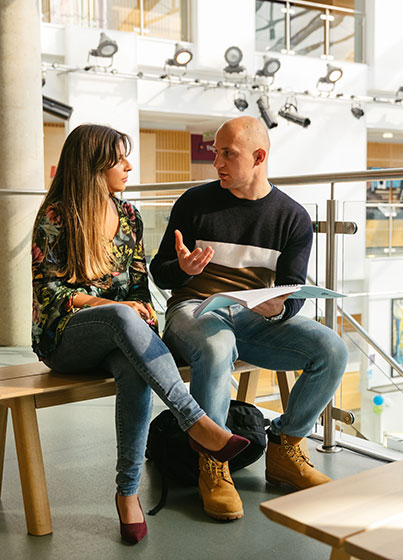
Your student will need help and guidance throughout their studies, both academically and personally. We've come up with 6 of the best ways you can provide this support from afar.
While challenges can come and go at different points of the student journey, there are key points in the year when they are more likely to find things difficult. This is a natural part of the process and not something to be unduly concerned about. However, we've put together some top ways of making sure your student is happy, healthy and coping.
Keeping in touch with home can be vital to new students. We recommend creating set times and dates with your student on when you'll communicate and how during term time. Doing this before they start means you'll both know when to expect a call or a text leaving them free to get on with uni life and keeps you in the loop and involved. It also means that the student will know that support and help is only a call or a visit away.


For first year students, accommodation will be guaranteed in our Halls of Residence. In the weeks before moving day, your student can expect to hear from our Resident Assistants, trained older students who are there to provide support, guidance and to plan fun activities to help your student to bond with their new neighbours. If your student is on the shy side, the Resident Assistants will keep an eye on them and encourage them to take part. Plus there are plenty of events geared towards quieter nights in.
Welcome week will be a blur of excitement, fun and information for your student. They'll meet lots of different people, attend social events, and be introduced to a host of MDXSU societies they can get involved in. They'll also have opportunities to meet their lecturers, their class mates and get a real feel for their new life at university.
By this time, your student will likely be aware of their first deadlines and as Christmas seems a long way off, homesickness and loneliness may crop up.
This is the time to really reassure your student and encourage them to get out and be social; join an MDXSU society, form social study groups and explore the London life on their doorstep.
Scheduling a visit during this time can also help and you can encourage them to look after themselves by using some of our self-help resources.


Most students will head home over the Christmas period to visit family and friends. If your student will be spending some time at home during the festive period, it may be useful to have a conversation with them before they come home so everybody is on the same page about what is expected while staying under your roof. Especially if they've got used to living independently.
Some students choose not to go home at Christmas or are living a long way from home and cannot afford to visit. Our Library and Student Support teams produce a booklet each Christmas which contains information for students on activities around London during the festive season, along with information on support services open during this season.
January at the University has a bustling atmosphere as we welcome students, staff and visitors back from the Christmas break. Welcome Week is hosted for January-starting students and we're busy with events and activities students can take part in to beat the ‘January blues’.
By the time February rolls around, it's still dark and cold and students will be hearing about the exam season from all angles. It's best to advise your student to maintain a balance of work-life during this period. There are lots of smaller events and support in the lead up to the exam period across the University - encourage your student to make use of them.


The exam period is obviously a stressful time and can be overwhelming. Direct your student to the information on helping to manage exam stress on Unihub and encourage them to attend an event or pick up a hobby away from university. This can be a useful distraction and a reminder that there is more to life than exams.
We also recommend your student make use of the University and MDXSU support. Counselling and Mental Health offer daily weekday drop-ins from 2.00pm to 3.00pm for anyone struggling, and MDXSU’s Make it Happen provides a place for stressed students to take a break.
 Despite the occasional hurdle, most students enjoy their time at university.
Despite the occasional hurdle, most students enjoy their time at university.
For some, however, they require additional support and may not reach out and ask for this. It's important that those in contact with students are alert to the signs that they are struggling more than expected.
Research shows that men may struggle more when asking for help than women, and cultural and other differences may also influence their confidence in reaching out. They also may not recognise themselves if they are struggling.
Here are just a few of the possible signs to be aware of but this is by no means an exhaustive list:
If you notice a number of these signs you should first discuss them with your student and, if appropriate, encourage them to seek support.